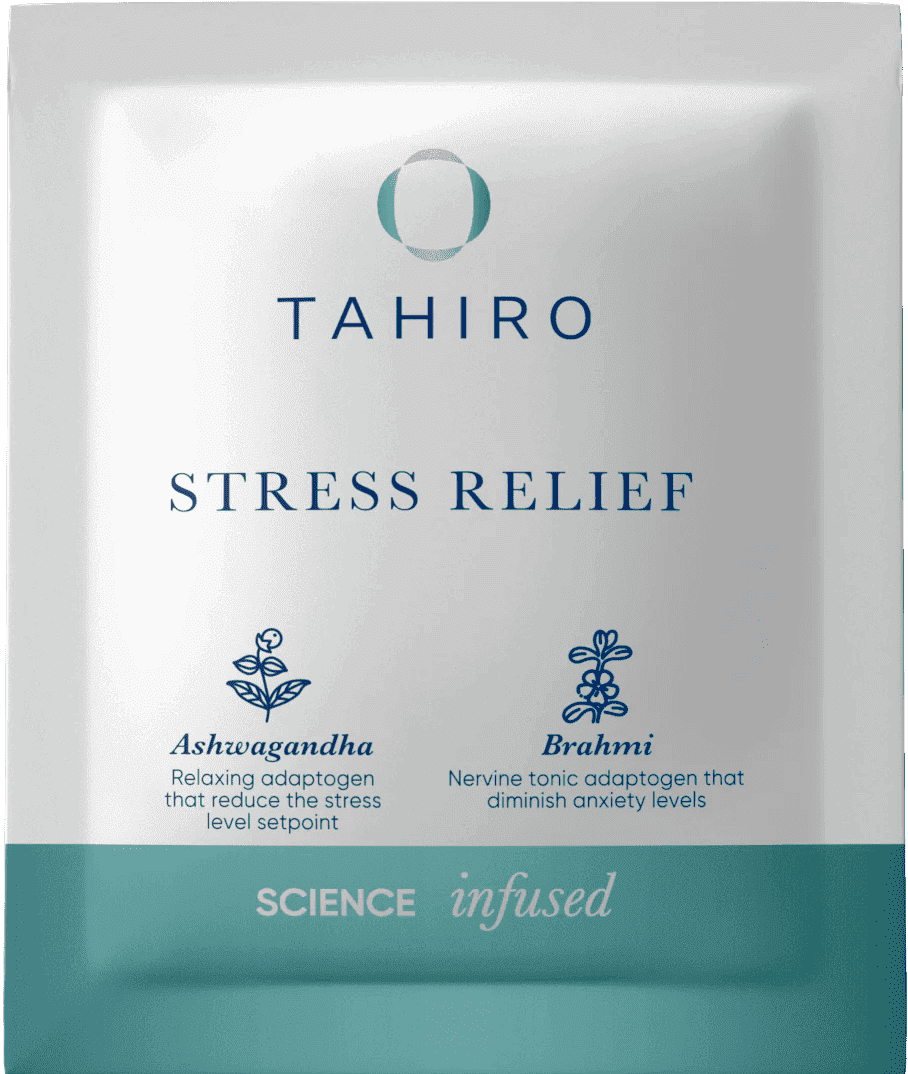Nowadays, stress has become almost an unavoidable part of life. From juggling work and personal responsibilities to dealing with pressures from modern society, stress can damage our physical and mental well-being.
Stress can indeed disrupt hormone balance, leading to various health issues. However, there are natural ways to address this problem. Adaptogens, which are groups of herbs and plants, are known to assist the body in adapting to stress and maintaining hormone balance.
In this article, we will explore the role of adaptogens in the body. In addition, we’ll go over the best adaptogens currently available and how you can include them in your daily routine to help you find your balance.
What Are Adaptogens?
Adaptogens are natural herbs and plants that have been used in traditional medicine for many years, especially in Ayurveda and Traditional Chinese Medicine. These unique herbs help our bodies deal with different kinds of stress, like physical, emotional, and environmental stress.
They work by helping regulate the body’s and promoting balance within various systems, including the endocrine system, which is responsible for hormone regulation.
What Are Adaptogens Used For?
Before we talk about the best adaptogens for stress and hormone balance, it’s important to understand the benefits of adaptogens. Here are some of the most common uses of adaptogens.
- Stress reduction. This is perhaps the most well-known use of adaptogens. As mentioned, these herbs can help regulate the body’s stress response, leading to a sense of calm and relaxation. They can also help lower cortisol levels, helping people cope with daily stressors more effectively.
-
Improved energy and stamina. Some adaptogens help boost physical and mental energy levels, enhancing endurance, reducing fatigue, and improving vitality.
-
Hormone balance. For women, certain adaptogens can help regulate hormones, helping regulate the menstrual cycle. They may also have a positive effect in helping alleviate symptoms of menopause. For men, some may help support testosterone balance.
-
Enhanced cognitive function. Several adaptogens are known for improving memory, focus, and mental clarity.
-
Immune system support. Some adaptogens can help enhance immune function, helping improve the body’s defense system. They can help stimulate white blood cells and help the body to fend off infections.
-
Improved sleep. Certain adaptogens have mild sedative effects that can help improve sleep quality. They can help people relax and unwind, promoting a restful sleep.
-
Emotional well-being. Adaptogens can positively impact emotional health by reducing symptoms of depression and anxiety. They can also help regulate mood swings and promote a sense of well-being.
Top Adaptogens For Stress and Hormone Balance
There are several health benefits to adaptogens. However, not all adaptogens have the same benefits. Each has its own unique set of benefits and properties. But, what are the best adaptogens?
Here is a list of the top 6 adaptogens that can help promote overall wellness and well-being.
-
Ashwagandha. It is one of the most well-known adaptogens for stress relief and hormone balance. It has been used to help reduce stress, anxiety, and cortisol levels. Research also shows it can have a positive impact on sleep quality (1).
-
Rhodiola rosea. Also known as “golden root,” it is a popular adaptogen that may help enhance physical and mental stamina. It may help reduce cortisol levels and improve mood, making it a valuable tool for managing stress (2).
-
Holy basil. Thanks to its high antioxidant content, it can help the body cope with stress by reducing cortisol and oxidative stress (3).
-
Maca root. It is particularly helpful for women since it can help regulate hormonal fluctuations during menopause and support overall endocrine health. It is also rich in vitamins and minerals (4).
-
Ginseng. The active compounds called ginsenosides may help regulate the hypothalamic-pituitary-adrenal (HPA) axis, which plays a crucial role in stress response and hormone regulation (5).
-
Eleuthero root. It is an adaptogen that can help reduce fatigue and enhance physical endurance (6). This is particularly beneficial for those with high-stress lifestyles.
Risks and Side Effects
While most adaptogens are safe and well-tolerated, there are some potential risks and side effects. Here are some of the most common risks and side effects.
- Allergic reactions
- Interaction with medications
- Digestive issues
- Insomnia or restlessness
- Hormonal effects
That is why, before adding a new supplement to your routine, make sure you speak with a health professional. They can guide you if the supplement can bring health benefits or possible risks, especially if you have an underlying condition or are taking chronic medications.
How To Include Adaptogens In Your Routine
Adaptogens can be consumed in several forms, including capsules, powders, and teas. When choosing adaptogens, it’s important to consult with a health professional since individual responses can vary. Here are some tips for including them in your routine.
- Start with one adaptogen at a time and asses how your body responds.
- Follow the recommended doses and guidelines.
- Be consistent with your adaptogen intake for best results.
- Combine adaptogens with a healthy diet and lifestyle to help maximize the benefits.




